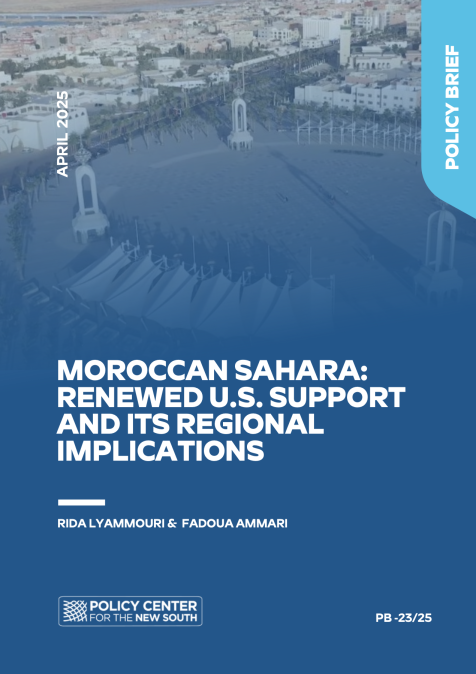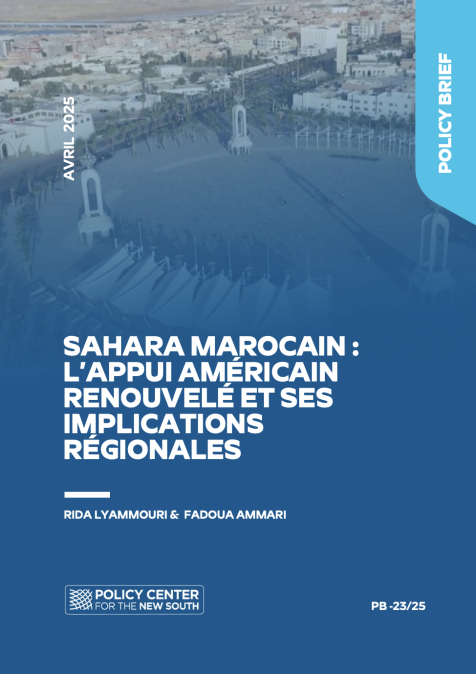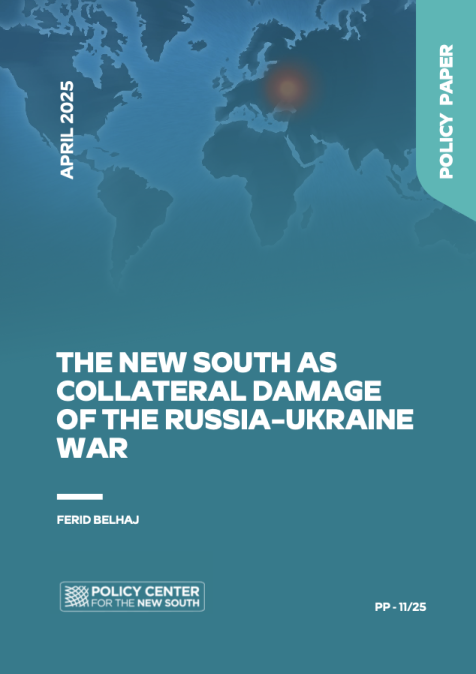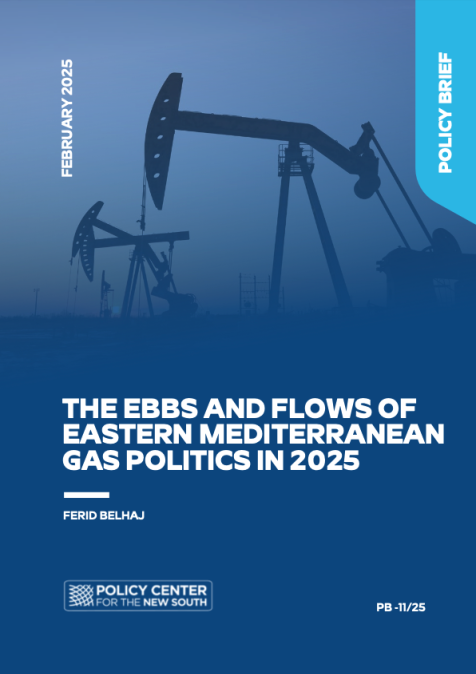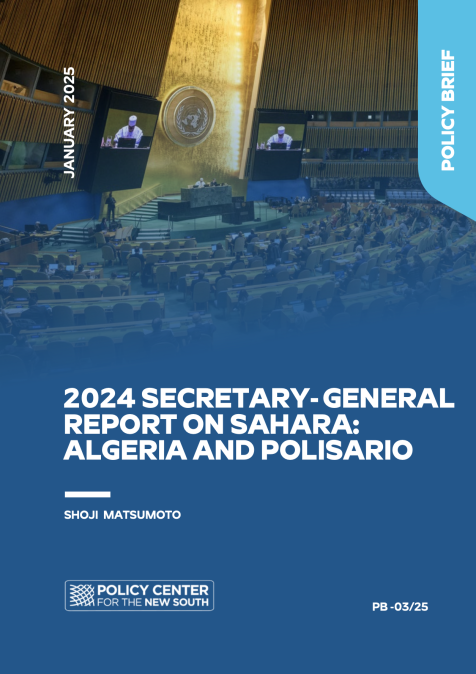Les Mardis du PCNS 08/09/2020 : حلقة خاصة: تقديم التقرير السنوي للجيوسياسة الإفريقية
التقرير السنوي للجيوسياسة الإفريقية مشبع بروح وفلسفة مركز السياسات من أجل الجنوب الجديد. جنوب منفتح على العالم وغير مقيد في علاقته بالآخرين وفي رؤيته للذات. هذا والتقرير يدرس إفريقيا بنقاط قوتها ومعيقاتها، بمميزاتها وعيوبها، ما يجب تصحيحه وإعادة تنظيمه، وما يجب صيانته وتقويته وتوطيده. تدور الأسئلة التي تم تناولها حول القضايا الاجتماعية، والموضوعات المتعلقة بالسياسة والحكامة، وكذلك أسئلة حول قضايا السلام والأمن. يتطرق التقرير بين طياته إلى مجموعة من التحديات والمقاربات التي تنبني على أساسها الديناميكيات المتغيرة للقارة إن على التحديات الأمنية في منطقة الساحل وتحدي التنسيق بين الاستجابات الدولية والوطنية، أو ما وراء المؤسسات من ضرورة وجود نموذج جديد لمكافحة الفساد يتسم بمقاربات تنبثق من أسس الحكامة وآلياتها بشكل يتماشى مع خصوصيات القارة الإفريقية. المسيرة: إيمان لهريش، مسؤولة عن البرامج بمركز السياسات من أجل الجنوب الجديد المتدخلون: عبد الحق باسو، باحث بارز بمركز السياسات من أجل الجنوب الجديد خالد الشڭراوي باحث بارز بمركز السياسات من أجل الجنوب الجديد المناقِش محمد لوليشكي، باحث بارز بمركز السياسات من أجل الجنوب الجديد






